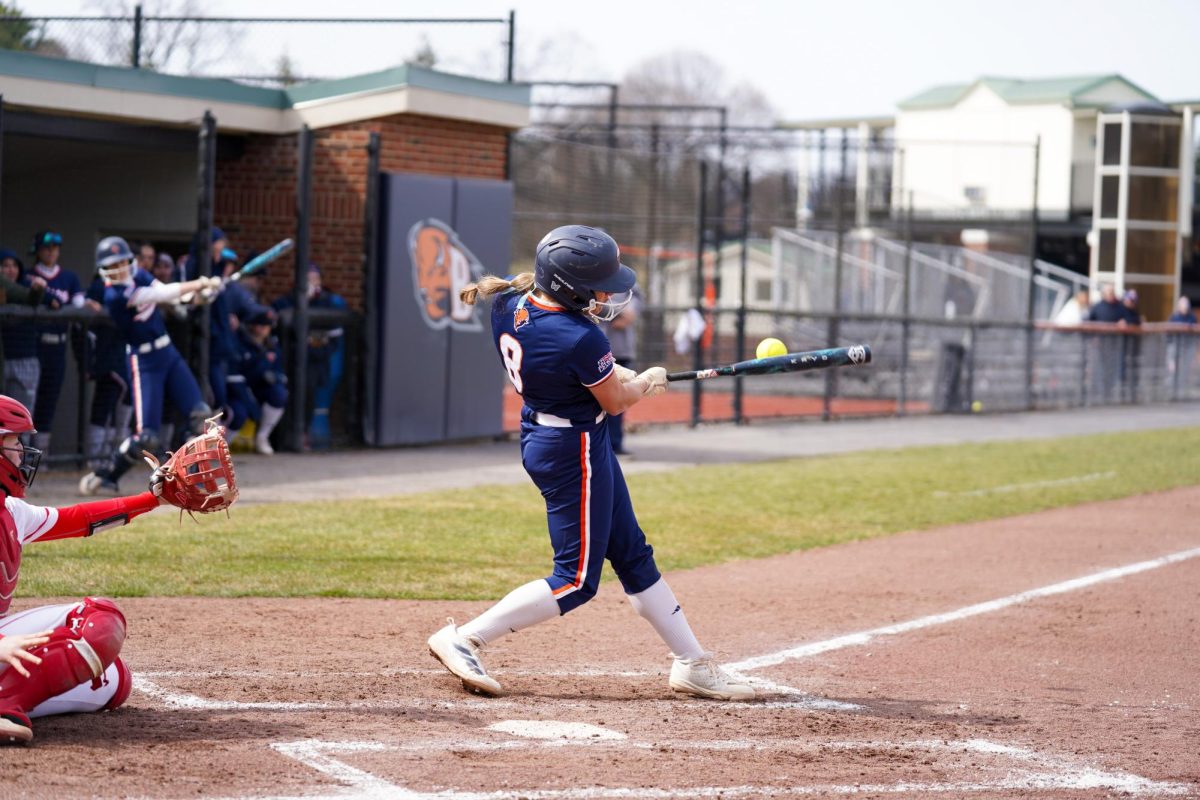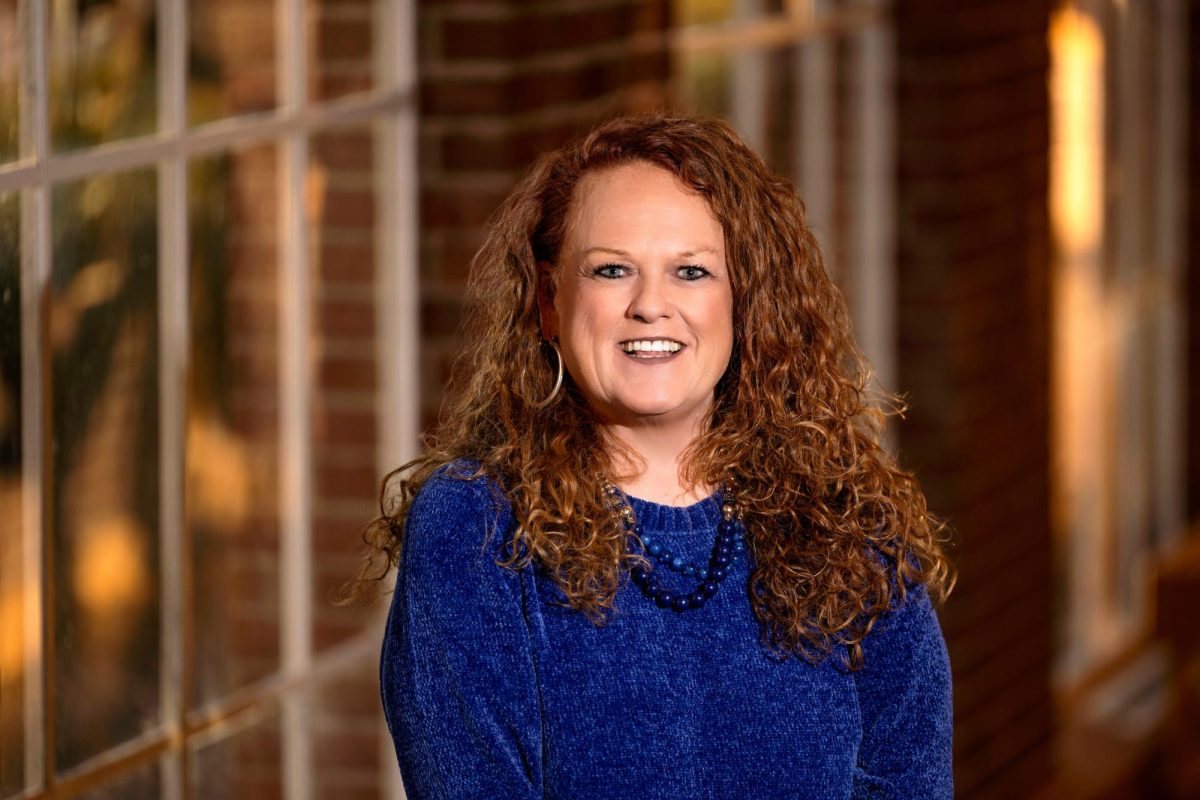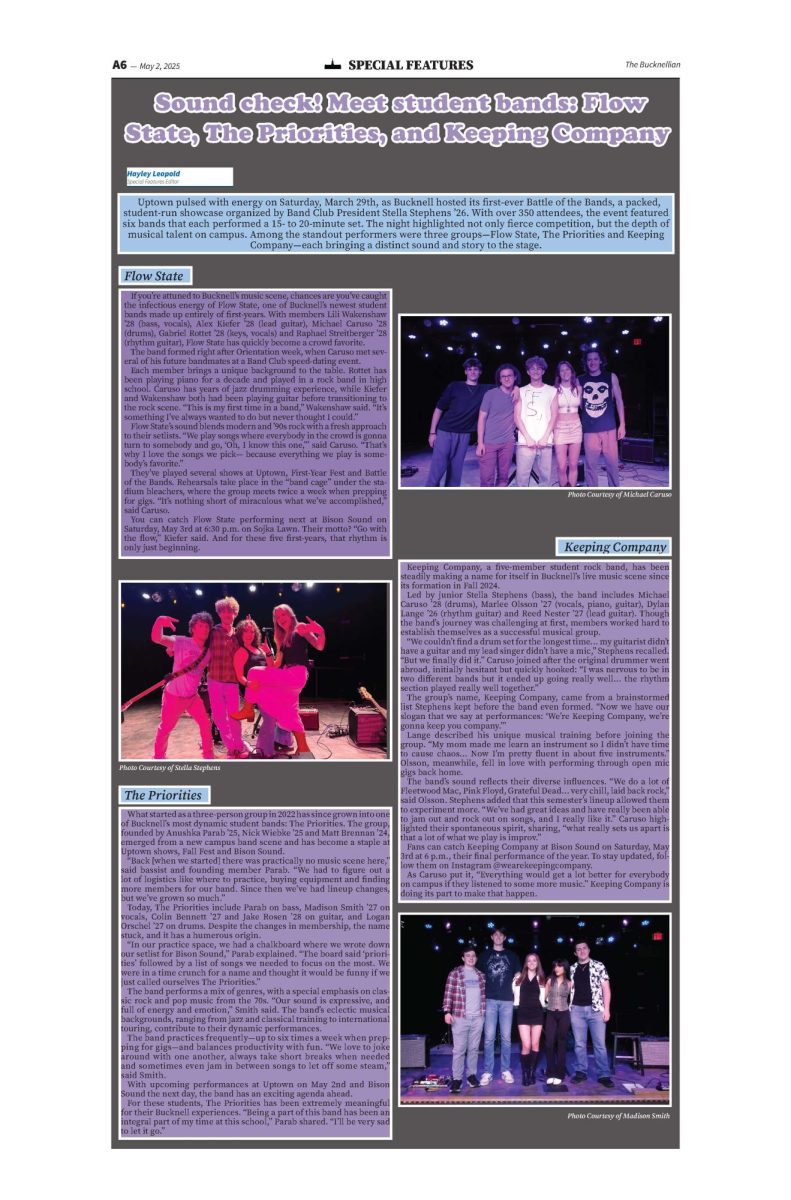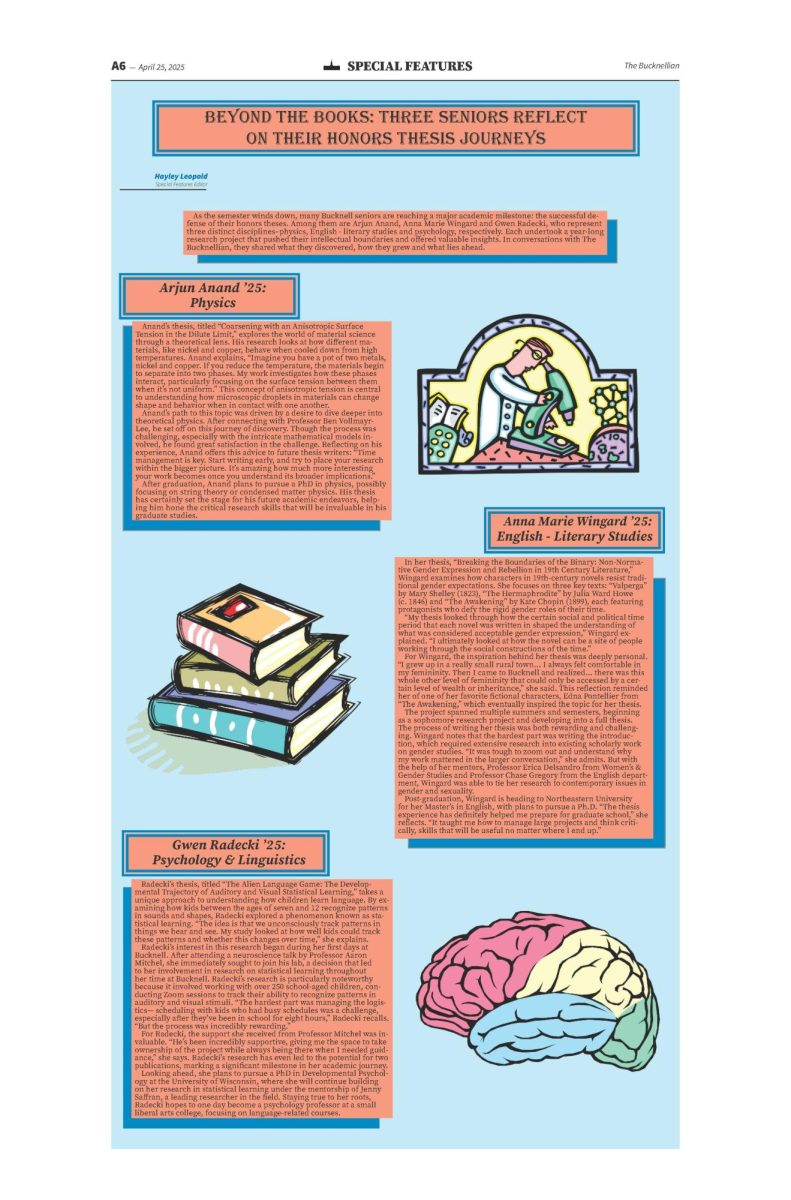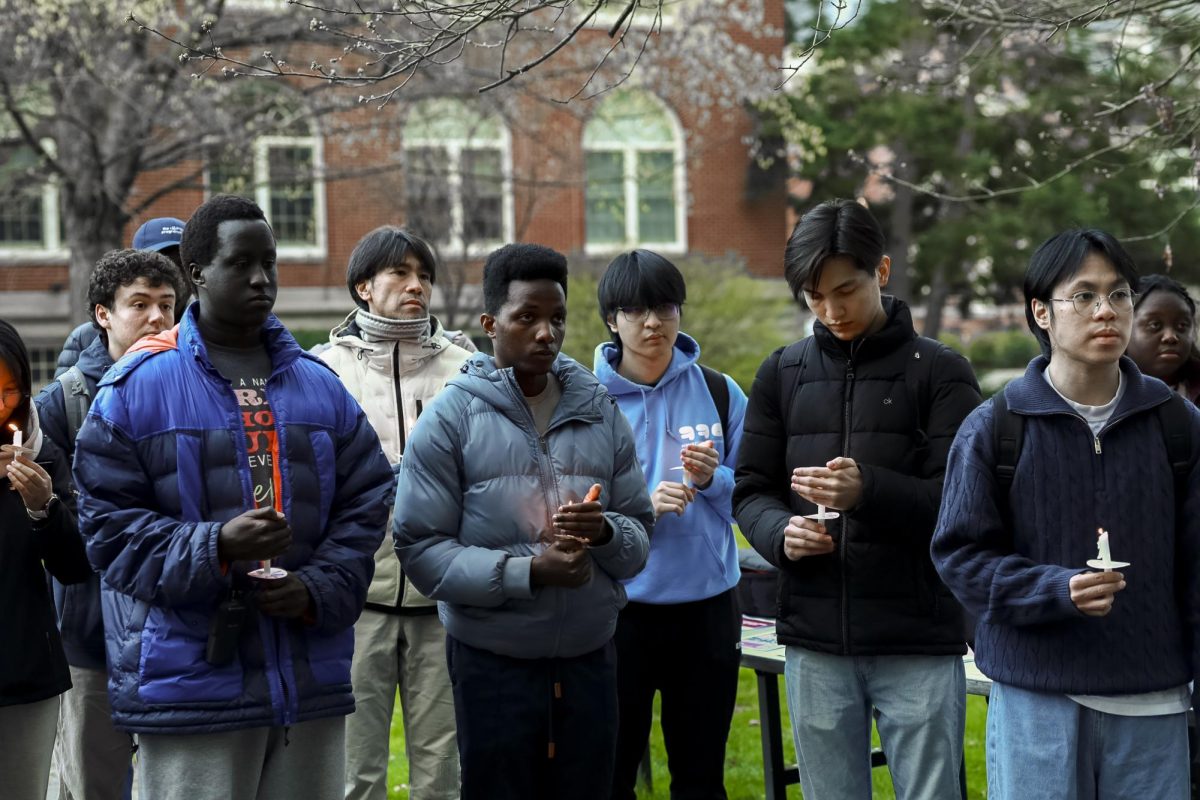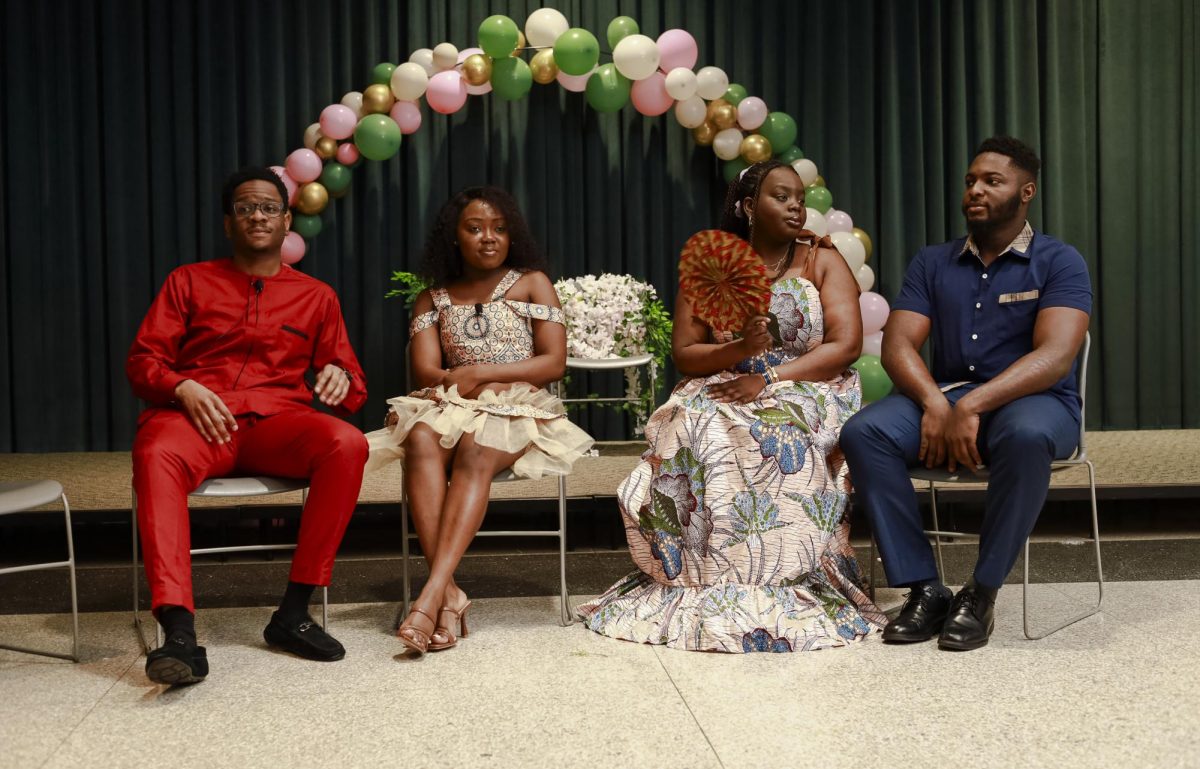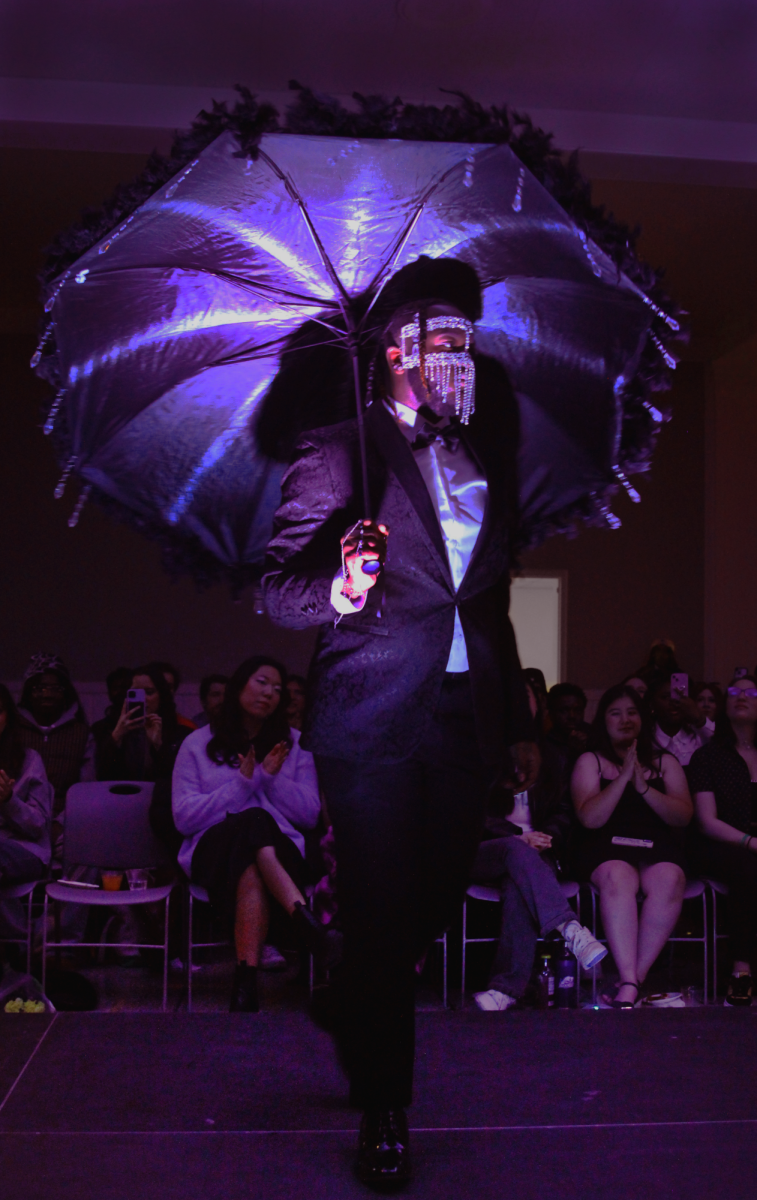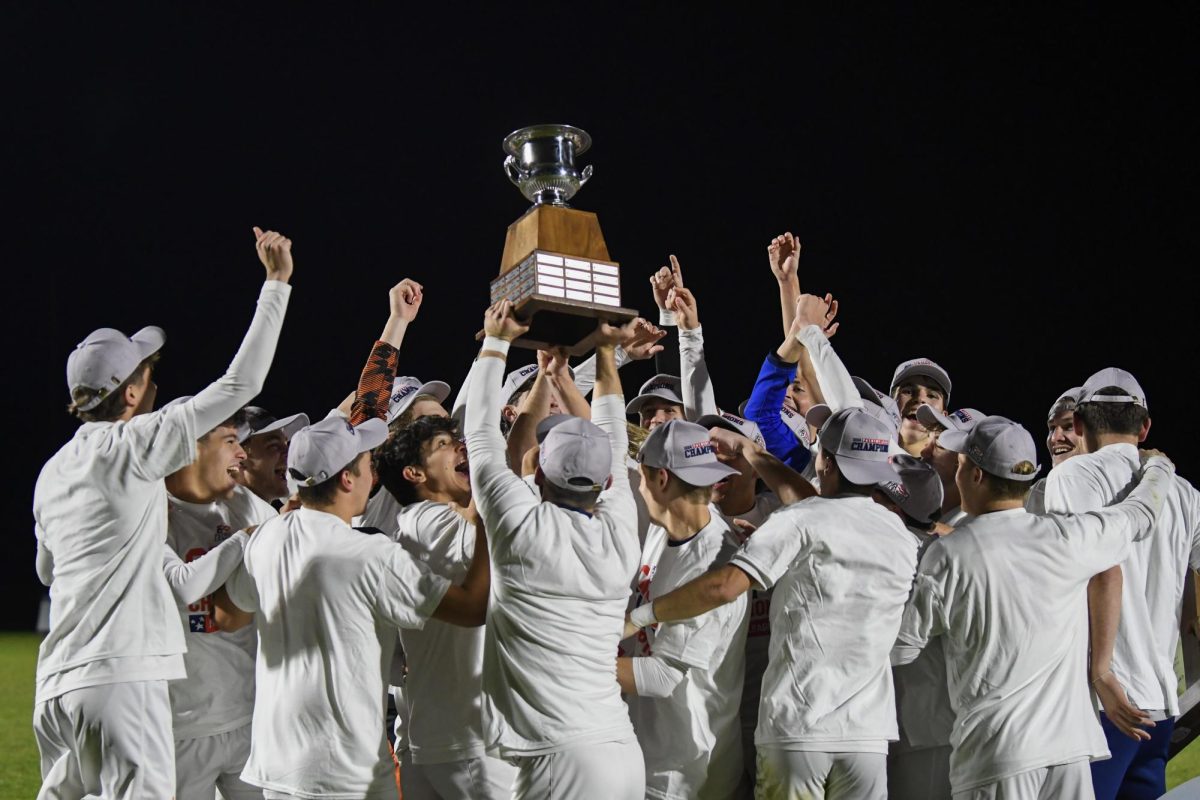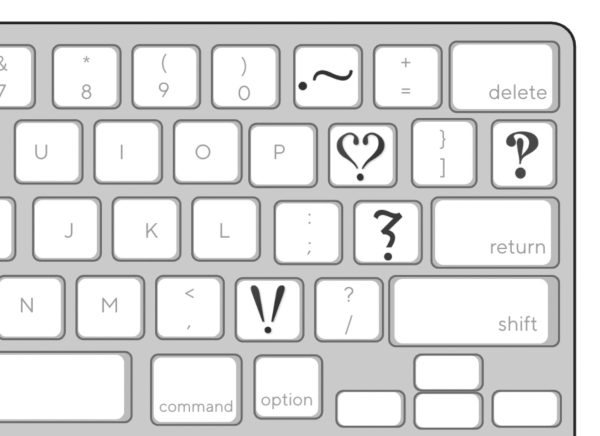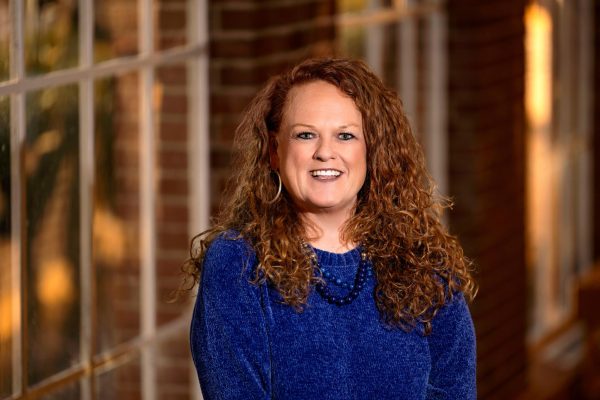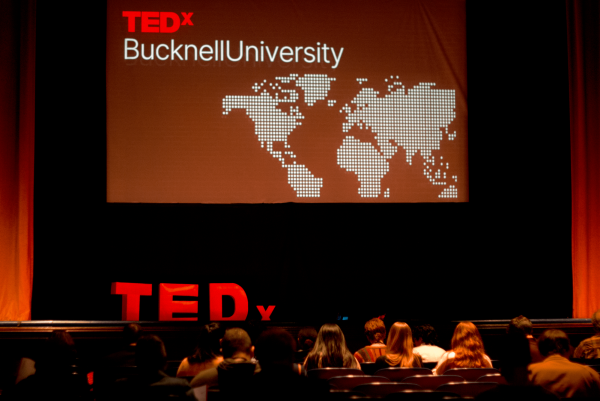Got class? A spotlight on some of the newest and coolest classes on campus
February 1, 2018

This semester, both the film and theater departments are offering their students something new — a long awaited collaboration. Although theater and film students are enrolled in separate courses, each with its own assignments and professor, the classes meet at the same time and in the same room. For film students, working with trained actors is a rare and coveted treat, and for theater students, the transition from stage to film is an exciting new challenge.
Because both classes are upper level courses, most of the students have participated in multiple introductory courses, resulting in a host of experiences and inspirations to draw upon.
“This class is really exciting because I think everyone has different skills to bring to the table and working with actors will dramatically increase the quality of the films we produce,” film major Gray Deuber ’19 said.
“This combined class gives two different creative groups — actors and filmmakers — a chance to work together. We felt that each group could learn a lot from the other and both could benefit from collaborating to make a broadcast-quality project. Prior to the pairing of these two courses, film and theater majors did not have any official means of collaboration. Not only do these new courses come with that partnership built in, but the professors and curricula ensure that both groups of students are as well-equipped as possible for the challenge ahead,” professor of English and director of the film and media studies program Eric Faden said.
Throughout the semester, students will collaborate on small group projects, integrating the two disciplines. The projects will serve as practice for the course’s culminating project: the pilot of a web series, for which the entire class will come together and form one production team. At the moment, the two classes are working together to develop the script that they will shoot in the final weeks of the semester. When the time comes, the film students will act as the crew and the actors will fill out the cast.
Until then, the students are working on polishing their skills. “There are a lot of tiny adjustments we need to make in order to look natural on screen. Acting for the camera requires a whole new style and skill set,” Olivia Langa ’18 of the theater department said. For the film students, working with trained actors offers a treasure chest of possibilities, but it also adds a layer of complexity to on-set communication and time management.
Though the students will be shooting their episode this spring, the finished product won’t be ready to air for nearly a year. With the hopes of producing something of professional quality, a post-production course will get to work editing the episode next fall.
By Olivia Pandolfo, Contributing Writer
Each semester, sophomore students are offered a selection from 12 Integrated Perspective (IP) university courses. The courses are co-taught by two professors of different disciplines. The goal is to challenge students’ minds to think critically and differently from other familiar disciplines. The newest IP, therefore essentially referred to as a “trial-run,” combines the perspectives of Professor of Psychology Chris Boyatzis and Associate Professor of English Jean Peterson. The goal of the course is to integrate psychology and literature and the impact the two have on children.
The two professors have collaborated to create a course that analyzes the minds of children through early-childhood literature. The course is unique to the University, as all IPs are, and offers an in-depth version of Peterson’s course “Children’s Literature.” When analyzing the materials required for both courses, Boyatzis was able to incorporate his own disciplines into a running curriculum. While students in Peterson’s course are asked to think critically about the required texts, the similar material for Boyatzis’ course, “Understanding Children,” asks students to think about these books from an alternate perspective. Therefore, students taking both courses will see overlaps in the content but will be offered alternate perspectives on the material. Emma Hochman, a sophomore Psychology major in the course says that it is “interesting to be able to apply psychological concepts to real-life things rather than the case studies I’m used to in my psychology classes.”
By Mishi Papich, Contributing Writer
Associate professor of comparative humanities and acting director of the Film Media Studies program John Hunter is currently performing research on how digital technology affects the way individuals “tell stories in films and television.” This semester, Hunter is providing a class for University students entitled Digital Media Revolutions.
“I hope to show students that digital technology is not nearly as revolutionary as we are told it is . . . and why!” Hunter said. Many are quick to discuss the negative effects that smartphones and computers have on daily life, and comment that society has never experienced such drastic alterations in livelihood; however, Hunter intends to share with his students how individuals’ reactions to today’s digital world have many parallels with the way humans reacted to the emergence of the digital world during the Industrial Revolution.
Hunter strongly believes in the importance of understanding the historical aspect of the digital world, including how these devices became so embedded in our daily routines. By providing students with this historical perspective, Hunter says he offers his students with the opportunity to explore how “the ways in which we react to the massive changes wrought by smartphones, mobile digital networks are patterned by the ways people reacted to railways, telegraphs, and moving pictures.”
Additionally, the course discusses how the digital culture affects daily routine and the ways in which we think, learn, interact with the world, and make decisions. Most courses look at the programming and technological aspect of digital culture. “I wanted to design a course that allowed students to explore how and why we react to digital technologies in the ways that we do,” Hunter said.
Digital Media Revolutions offers not only a different perspective than what most classes and books do, but it also allows us to understand how these powerful forces determine the ways we spend our lives. Our generation depends almost entirely on digitally-networked devices and in order to reap the benefits of them, we must first learn how we can control the ways we use them. In a time where the digital world is so often criticized, engagement in a class that draws parallels between the way humans approach these devices today compared to when the first technological devices were created in the early 1800’s, allows students to better understand their use.









